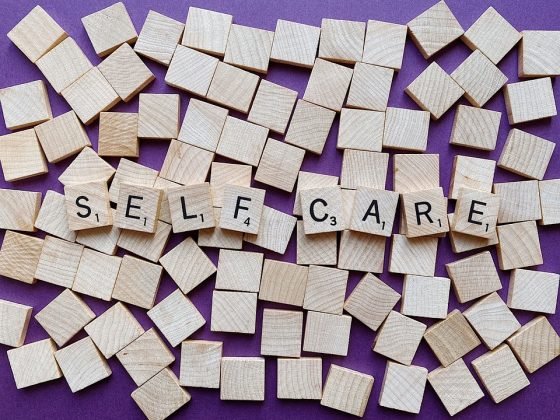One of the key reasons why mental health is just as important as physical health is because of the impact it has on our overall well-being. Mental health is not just the absence of mental illness, but rather the presence of positive characteristics such as resilience, self-esteem, and emotional well-being. When we have good mental health, we are better able to cope with the stresses and challenges of life, and we are more likely to have healthy relationships, feel fulfilled, and enjoy a high quality of life.
On the other hand, poor mental health can have serious consequences for our physical health. Research has shown that individuals with mental health disorders are at a higher risk for chronic diseases such as heart disease, diabetes, and obesity. Additionally, mental health issues can impact our immune system, making us more susceptible to infections and illnesses. By prioritizing our mental health, we can reduce the risk of developing these physical health problems and improve our overall well-being.
Another reason why mental health is just as important as physical health is because of the stigma that still surrounds mental illness. Many people feel ashamed or embarrassed to seek help for mental health issues, and as a result, they suffer in silence. This stigma can prevent individuals from receiving the care and support they need, leading to a worsening of their mental health and potentially impacting their physical health as well. By raising awareness and reducing stigma around mental health, we can encourage more people to seek help and access the treatment they need to thrive.
Furthermore, mental health is essential for our relationships and social connections. Good mental health allows us to build and maintain healthy relationships with others, communicate effectively, and resolve conflicts in a constructive way. It also helps us to feel a sense of belonging and connectedness, which are important for our overall well-being. When we neglect our mental health, we may struggle to form meaningful relationships, experience feelings of isolation, and have difficulty connecting with others. By prioritizing our mental health, we can cultivate strong relationships and enjoy a supportive social network.
In addition to these reasons, mental health is also crucial for our performance and productivity. When we have good mental health, we are better able to focus, concentrate, and make decisions. We are also more creative, innovative, and motivated in our work and personal endeavors. On the other hand, poor mental health can impair our cognitive abilities, leading to problems with memory, attention, and problem-solving. By taking care of our mental health, we can enhance our performance, achieve our goals, and fulfill our potential.
Overall, mental health is just as important as physical health and should be a priority for everyone. By prioritizing our mental health, we can improve our overall well-being, prevent the development of physical health problems, build and maintain healthy relationships, and enhance our performance and productivity. It is time to break the stigma surrounding mental illness and start treating mental health with the same importance as physical health.
FAQs
Q: How can I improve my mental health?
A: There are many ways to improve your mental health, including practicing self-care, seeking professional help, staying connected with friends and family, engaging in activities you enjoy, and getting regular exercise.
Q: What are some signs of poor mental health?
A: Some signs of poor mental health include changes in mood, sleep disturbances, feelings of hopelessness or helplessness, difficulty concentrating, and changes in appetite or weight.
Q: Is it normal to experience mental health issues?
A: Yes, mental health issues are common and can affect anyone at any time. It is important to seek help and support if you are struggling with your mental health.











